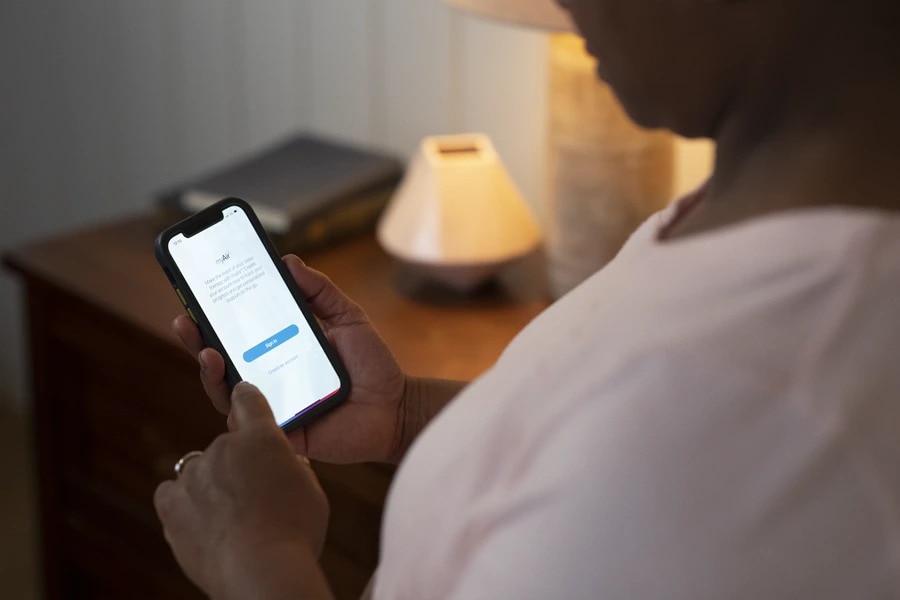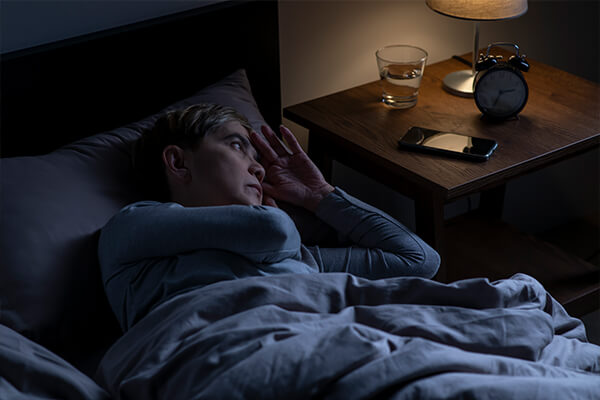Do you struggle to sleep at night? Perhaps you wake in the early hours, tossing and turning until eventually nodding off just minutes before your alarm goes off? If so, you’re good company – of those questioned in our 2024 Resmed Sleep Survey, nearly 40% said they had fewer than three nights’ quality sleep a week, and it’s thought insomnia affects approximately 10% of the general population, while another 20% experience occasional insomnia symptoms1.
Many of us have a bad night’s rest from time to time. But when does a disrupted sleep pattern cross the line into insomnia, and how is it connected sleep apnoea? Neither condition is straightforward, so we spoke to Josh Piper, a sleep clinician at Resmed’s London Sleep Clinic, to guide us through the facts and help you get to the bottom of your sleep issues…





